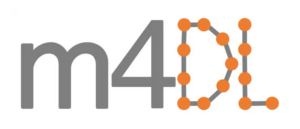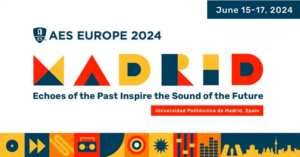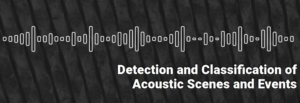AIM PhD student to present at the Geometric Deep Learning workshop
 Centre for Digital Music PhD student Shubhr Singh will be presenting his recent work on “Local-Higher Order GNNs For Audio Classification And Tagging” as part of the Geometric Deep Learning workshop, taking place on 10-12 June 2024 at the University of Cambridge. The workshop is organised by the EPSRC’s Mathematics for Deep Learning programme grant (m4DL).
Centre for Digital Music PhD student Shubhr Singh will be presenting his recent work on “Local-Higher Order GNNs For Audio Classification And Tagging” as part of the Geometric Deep Learning workshop, taking place on 10-12 June 2024 at the University of Cambridge. The workshop is organised by the EPSRC’s Mathematics for Deep Learning programme grant (m4DL).
Shubhr’s work introduces the Local-Higher Order Graph Neural Network (LHGNN), which stands as a significant step forward in the field of audio classification and tagging, providing a robust framework that leverages graph-based and clustering methodologies to achieve high performance.
 On 15-17 June, AIM PhD students will participate in the
On 15-17 June, AIM PhD students will participate in the  AIM PhD student
AIM PhD student